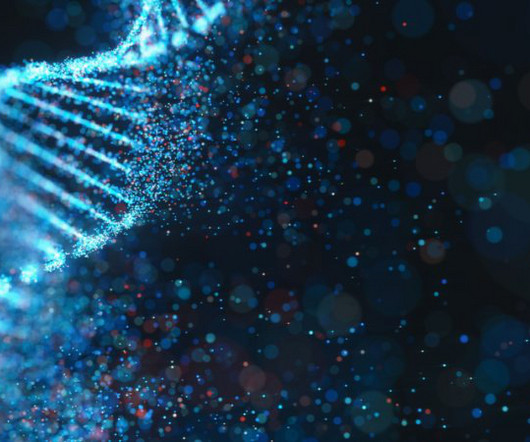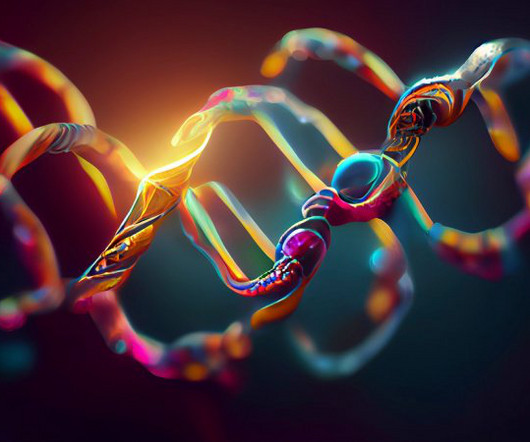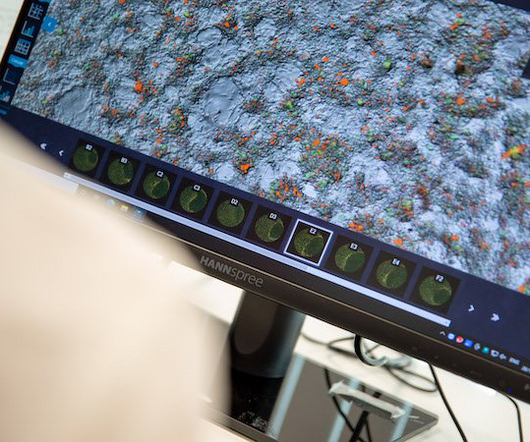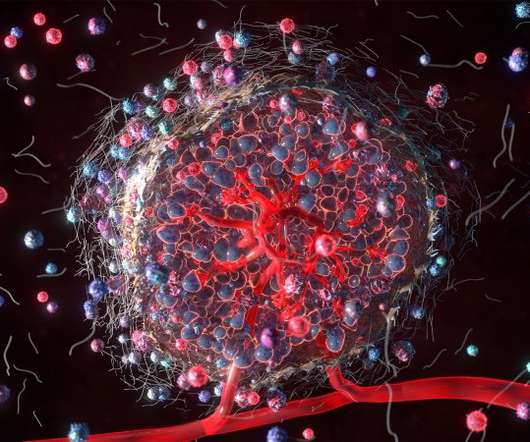Turning science into business: An optimised alternative to antibodies
Drug Discovery World
APRIL 3, 2023
As life science operates globally, the vision for the business was always to bring aptamers as an antibody alternative to researchers worldwide. What advice would you offer to similar start-ups? AT: Integral to Aptamer Group’s offering is an in-depth understanding of molecular science.













Let's personalize your content